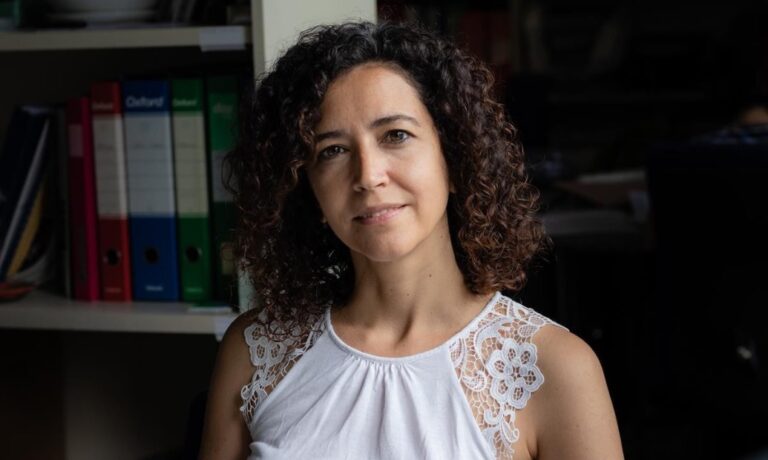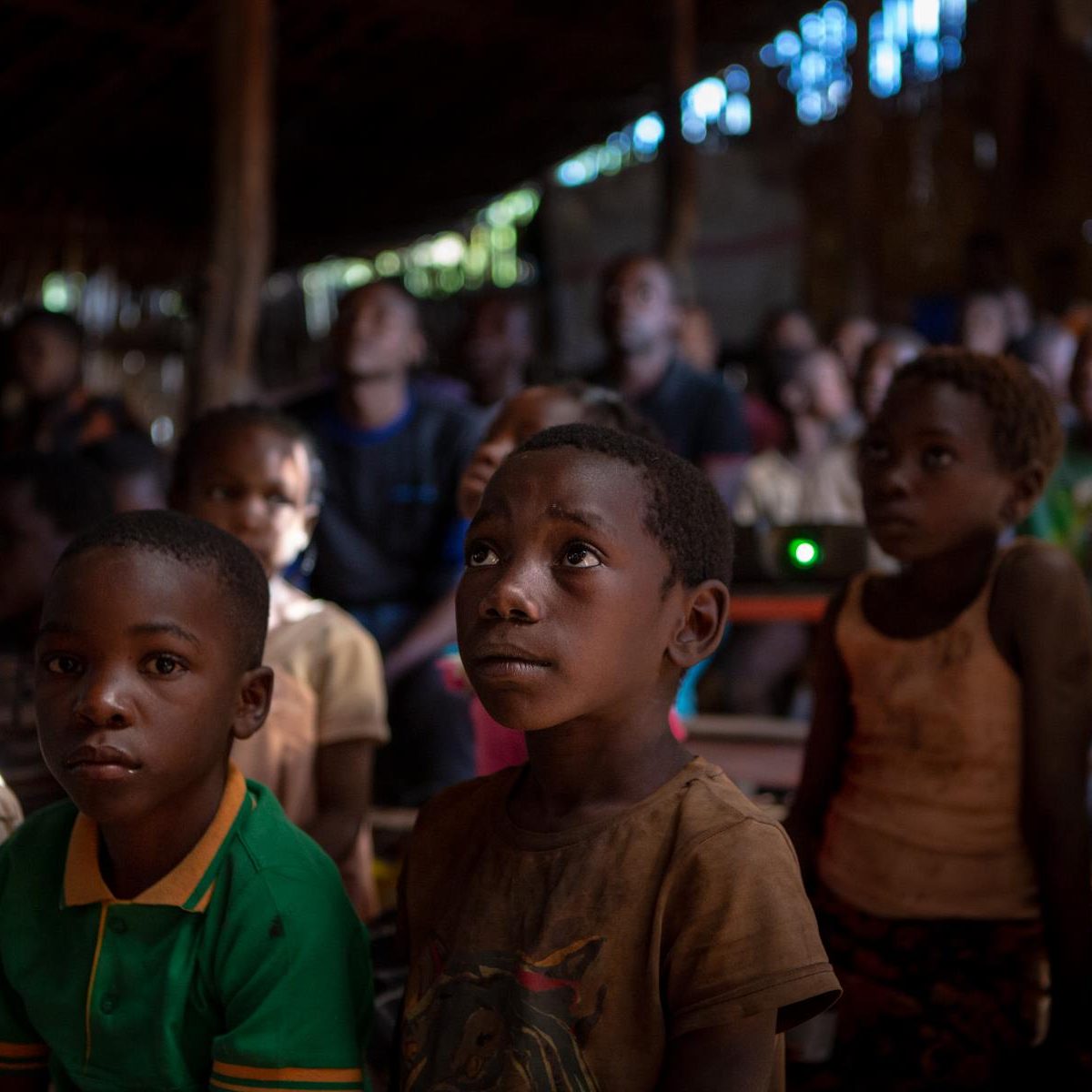Mozambique is one of the poorest countries in the world. Energy being a mean to develop economic, environmental and social sustainability, could you describe the current situation, especially in terms of access to energy for the population, and what are the main difficulties to be overcome?
About 600 million people in Africa lack access to energy. Mozambique is one of the countries where the percentage of people with access to electricity is very low. The state targets of reaching 100 per cent of people by 2030 is a long way off. It is now at 40% in cities and about 4% in rural areas. The Ministry of Energy’s plan is to accelerate the process of extending the national electricity grid. Nevertheless, the access to energy will also take place through systems that we call “off grid”, including solar home systems, which are systems made of panels and batteries which are installed on rooftops and provide lights and sockets for recharging very small appliances. These mini-grids supply electricity to an entire village, while others supply electricity to production activities.
The national grid is unlikely to cover the entire area of Mozambique before 2030, which is why the Soka Gakkai's 8×1000-funded project focusing on these off-grid technologies is so important.
Among the biggest difficulties in accessing energy, we encounter a lack of capital; the need for expensive infrastructure, materials and machinery; the national grid itself not being extended both due to a lack of money and considering Mozambique’s vast area.
There are off-grid technologies on the market. However, it is expensive for households to access them, and their priorities are mainly food, education and health care. It is unlikely that one would choose to buy such a system. Laws are being passed to allow the private system and companies to be able to invest in the energy sector and sell electricity. By doing so, the goal of full electrification can be reached faster.

Mozambique is the African state with the lowest investment in renewable energy. What does the project 'Access to Solar Energy Sources for Mpaca-Cabo Delgado, Mozambique' consist of?
Thanks to the project financed by the Italian Buddhist Institute Soka Gakkai, it has been possible to carry out a series of integrated interventions to provide access to electricity in a very isolated area which, unfortunately, has recently been affected by terrorist attacks. This area is Mpaca-Cabo Delgado, a fairly large village with various agricultural activities. AVSI had already built a mini-grid that brings electricity to most of the village, but several families were excluded from it.
This project allowed 185 families to receive solar home systems to have electricity throughout the day, and small appliances for light at night... something that was not possible before. We created an exchange and dialogue with the families that benefited from these systems as it matters that they express a will to install and use them.
The project also supported the start-up of economic activities for fifteen men and women entrepreneurs, which were selected from among sixty proposals, based on motivation, ability and the impact of their activity for the entire community. A third component of the project was to secure and upgrade the existing network by adding a lightning rod for the entire network. Public night lights were also installed, increasing safety in the area. In the future, it will be possible to integrate the national grid with all these systems without losing electrical generation.
The project covers both formation in entrepreneurship and business management, as well as an access to microfinance, types of savings and microcredit to support the creation of small businesses by women and young people in the area. Can you share some testimonies?
Bringing electricity to a village does not automatically generates an impact. Lacking formation or access to appliances and machinery is an obstacle. In Mozambique there is a scarcity of microfinance and community savings mechanisms, which is why the project promotes savings groups formed through a methodology established since '92.
The system involves a group of people placing their savings in a box, which is only opened after 9 to 12 months. During these months, the members can, in turn, borrow sums to start a productive activity, pay school fees or emergencies. These sums will have to be paid back with an interest set by the group. As a consequence, at the end of the nine months, there is more money in the box to be redistributed among the participants.
We tend to support people to use that money to start activities that will then create subsequent sustainability in generating an income. Around 300 savers have been involved to date, each with their families. In addition, we train people who will, in turn, form other savings groups:
Laura, on one hand, a woman trained to create savings groups and obtain higher incomes, has gained recognition in the community for the skills she hasdeveloped. For the poorest and most marginalised people, having a role in the community matters.
Armando, on the other hand, was one of the beneficiaries of the entrepreneurship training. He already owned a small shop where he sold basic foodstuffs, soap, flour, etc. He obtained a cooler that allowed him to sell drinks and store local agricultural food. He also bought a television planning to develop a cinema, a karaoke and entertainment activities; these resulting in a service to the community.
The president of the International Soka Gakkai, Daisaku Ikeda, speaks of Africa as the continent of the 21st century, identifying the need to ensure the manifestation of its full potential and heal the wounds inflicted by the most developed countries for centuries. What does it mean for you to stand by the people and encourage their empowerment?
We fully agree with this vision, Africa indeed has a huge potential. Unfortunately, what comes through television and information, especially in Italy, is the opposite: a continent full of despair, poverty and misfortune.
There are so many young people and new energies. In the entrepreneurship sector, we find so many start-ups and young people setting up businesses. There is a very high rate of entrepreneurship that we dream of in Italy.
There is an increase of investment funds interested in the African continent. They often finance innovative initiatives conceived entirely locally, demonstrating that the solutions for the development are made by the continent itself and not only by technology transfer from the West.
This is another thing we will never tire of saying: there are solutions that need to be designed for a continent other than our own, where development will not necessarily follow the course of our own development, and where there are all the means, knowledge and even technologies to be able to create products and services that are good for these populations.
This is happening. We see so much energy, so much potential for development. Many are already manifesting themselves; therefore, what matters is simply the will to look at them.
The interview was conducted by the Italian Buddhist Institute Soka Gakkai and published on ottopermille.sokagakkai.it and ilnuovorinascimento.org
